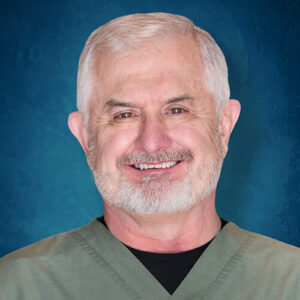Plastic Surgery Impacts On Smoking
A new study from the University of British Columbia, Vancouver, shows that plastic surgery can not only change one’s appearance, but it can also help people stop smoking. The study found that plastic surgery patients who quit smoking before their surgery were more likely to quit smoking for good than patients who did not quit smoking before their procedure.
Plastic surgery patients are often asked by their surgeons to stop smoking for at least two weeks before their procedures. Smoking before and after surgery puts patients at risk for delayed healing and increases the risk of developing complications and infection.
In many cases, the results of the procedure are compromised because of complications and delayed healing.
The UBCV study evaluated 85 smokers who had been asked to refrain from smoking for a two-week period before their surgery.
Five years after their procedure, study participants were contacted and asked to take a follow-up survey to determine if their two weeks without cigarettes influenced their smoking behavior after surgery. Forty-seven participants responded to the survey, of which 40 percent said they no longer smoked on a daily basis. Twenty-five percent of respondents said they quit smoking altogether because of their two-week period without cigarettes.
Seventy percent of respondents reported that they changed their habits after discussing their risk of complications with their surgeon.
Warnings of increased risk and complications did not motivate all study participants to put down cigarettes. Fifty percent of respondents continued to smoke during the two weeks before their procedure, and 25 percent smoked up to the day before their surgery.
The Risk of Smoking
Participants who continued to smoke had a 10 percent greater frequency of post-surgical complications than participants who quit smoking or reduced how frequently they smoked.
It’s not just smoking that causes complications. Nicotine in all forms, including chewing tobacco and electronic cigarettes, can lead to post-op problems. Smoking cessation aids like nicotine gum and patches also put plastic surgery patients at risk.
“Nicotine in any form causes the blood vessels to constrict, which limits the flow of blood to the surgical site,” according to Dr. Bill Johnson, M.D.
Smoking also restricts the ability of red blood cells to carry oxygen in the blood.
Johnson is a Dallas, Texas, cosmetic physician. He asks that patients stop smoking for at least three weeks before their scheduled procedure.
“When blood and oxygen do not reach the wound, healing is delayed. Delayed healing increases the chance of scarring and compromised results,” Johnson said.
Without blood and oxygen, tissue begins to die off, a condition known as skin flap necrosis.
Delayed healing also leaves patients susceptible to infection. A 2011 study published in Anesthesiology, the official medical journal of the American Society of Anesthesiologists, found that smokers have a 30 percent greater risk of developing an infection after surgery.
Smoking Means More Than Surgical Complications
Minimally invasive procedures like injections of Botox and dermal fillers can also be affected by smoking.
“Smoking depletes collagen and elastin. Without collagen and elastin, skin wrinkles, sags and creases much easier,” Johnson said. “If you continue to smoke, over time you will essentially cancel out any anti-aging or wrinkle prevention benefit that Botox or fillers like Juvederm could yield.”
Johnson suggests that patients quit smoking for good not only to protect any results of their cosmetic procedures, but also for overall health benefits.
The Centers for Disease Control and Prevention estimates that 36.5 million Americans smoke and 16 million Americans live with a smoking-related disease.
“The risks of smoking go well beyond complications of cosmetic and plastic surgery procedures. Smoking causes high blood pressure, heart disease, lung disease and lung cancer,” Johnson said.
Source: American Society of Plastic Surgeons. Cosmetic Surgery May Help Patients Quit Smoking. ASPS. 29 August 2017.




